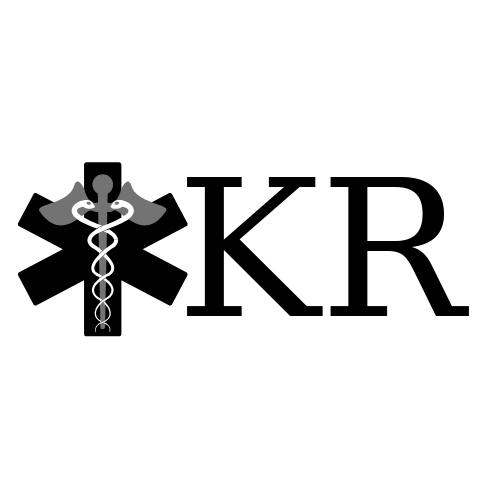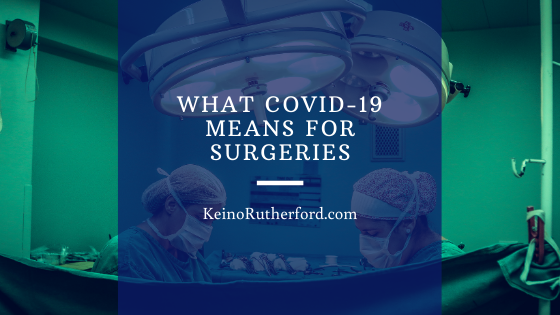The COVID-19 pandemic has changed the world since it emerged in China in late 2019. This novel coronavirus has seriously affected countries around the world. Italy, Spain, the UK, the US, and Canada have all had to make adjustments to public life due to the pandemic. Some of these have to do with retail, restaurants, and travel. Others are adaptations made within the medical field. For surgeons, the COVID-19 pandemic has meant a real change to the way they do business.
Because of the pandemic, demand has been higher than ever before for some forms of PPE. A great example of this can be seen with N95 masks. Though these respirator masks are generally used just once before being discarded, the realities of COVID-19 have changed that. Instead of disposing of these masks at the end of a shift, medical workers are devising new ways of decontaminating and reusing them. One such procedure, using vaporized hydrogen peroxide, was recently outlined in the Journal of the American College of Surgeons. This new process allows members of surgical teams to use N95 masks up to 20 times before discarding them.
Many surgeries are also being triaged in ways that they normally wouldn’t need to be. When it comes to some elective procedures, the first recommendation is to ensure that patients have been tested for COVID-19 before proceeding with an operation. Procedures that generate aerosolized particles should be avoided. If they’re necessary and can’t be avoided, everyone on the surgical team needs to be wearing the correct PPE. This will include either an N95 mask or a powered, air-purifying respirator. This level of PPE is particularly important when it comes to patients who need procedures like intubation or a tracheotomy.
As the COVID-19 pandemic runs its course, surgeons are beginning to operate again. This includes procedures on even immune-compromised patients with conditions like cancer. Colorectal cancer, breast cancer, and neurosurgery are just some of the specialties that are coming back to operating rooms across the country. A second wave of coronavirus infections is expected to hit the US over the summer. That means it’s vitally important to maintain high standards of personal cleanliness in addition to providing adequate personal protective equipment to healthcare workers.

